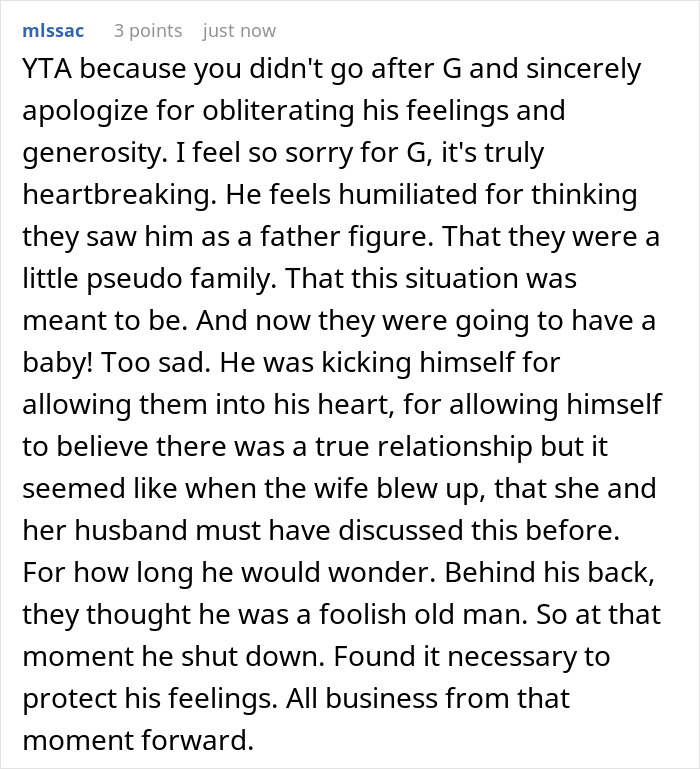Generous landlords are rare. Nowadays, it can be hard to find a home that doesn’t cost you an arm and a leg. So, when you come across a man who’s willing to lower your rent out of the goodness of his heart, you should probably treat him like the saint that he is.
Yet this woman did the opposite. After years of helping her and her husband by making concession after concession, all this man got in return was shrieking and horrifying insults. The husband shared this bizarre story online, and people speculated what could drive a person to bite the hand that feeds them in such a nasty way.
A woman possibly ruined the financial future of her family by insulting their kind landlord

Image credits: zelmab / envatoelements (not the actual photo)
The husband detailed the story online, asking who was the jerk in this situation


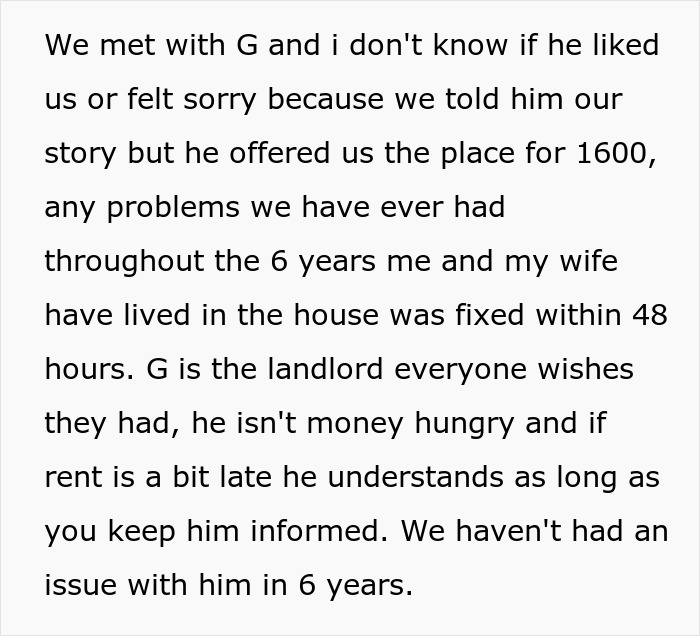
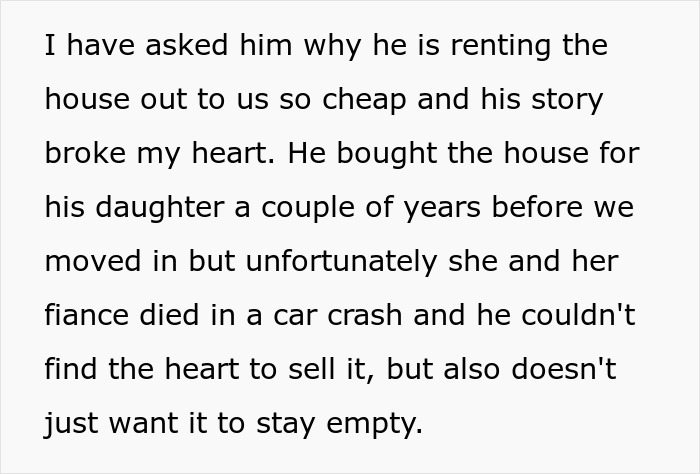
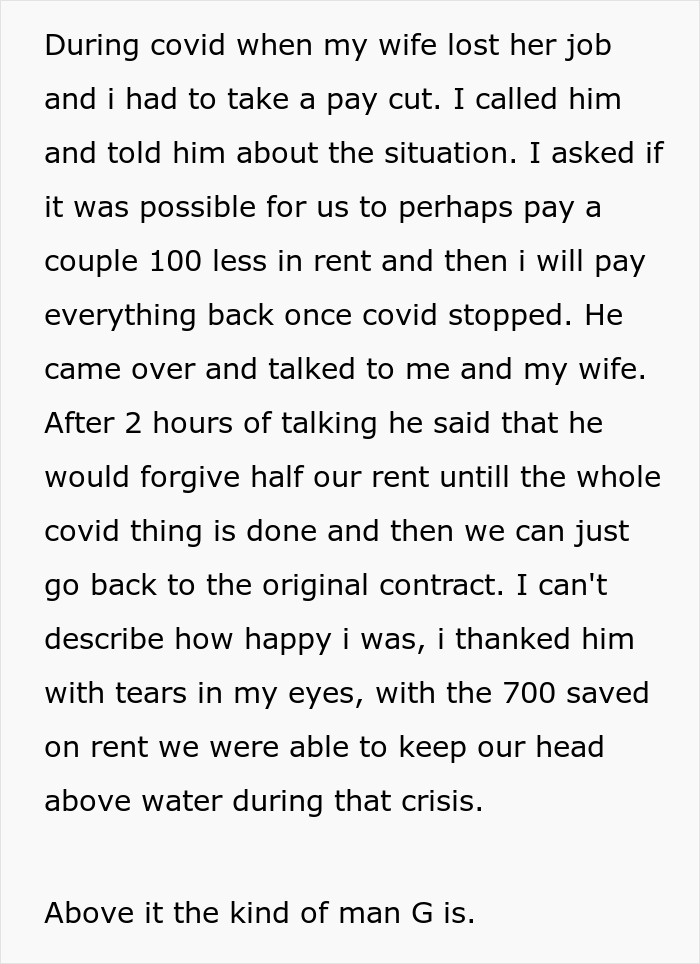


Image credits: halfpoint / envatoelements (not the actual photo)


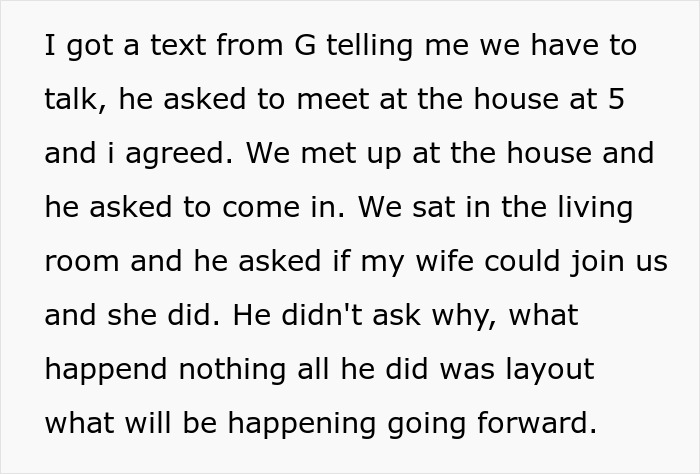
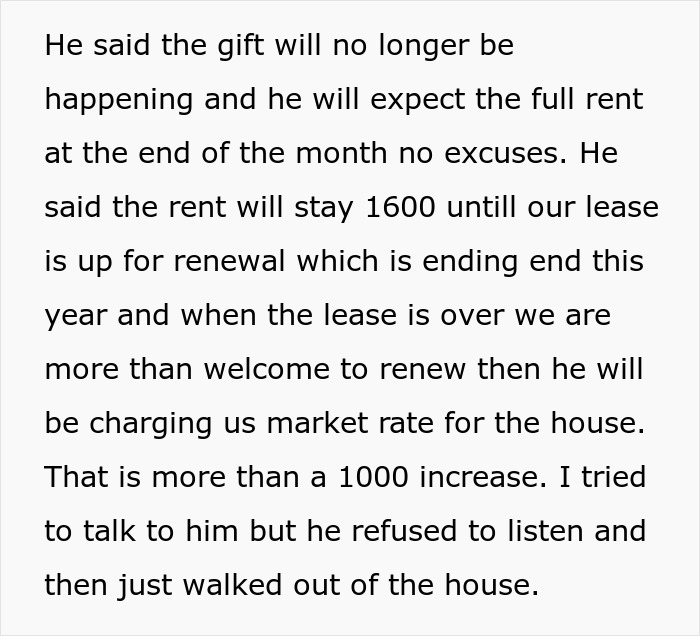

Image credits: jm_video/ envatoelements (not the actual photo)
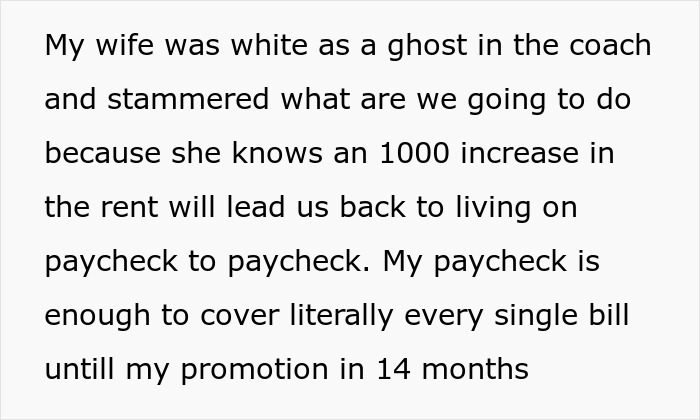
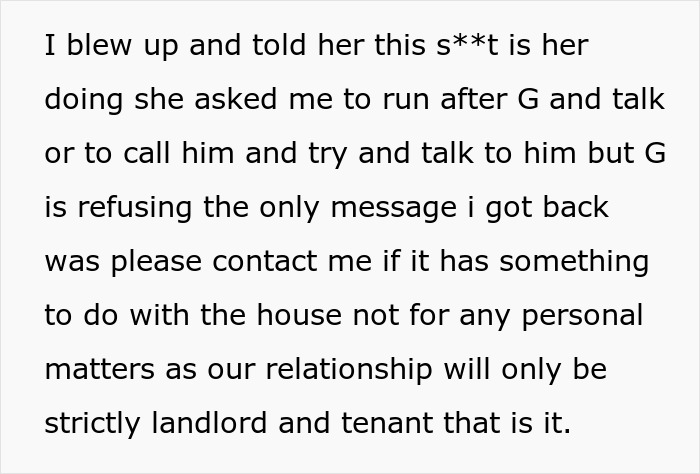
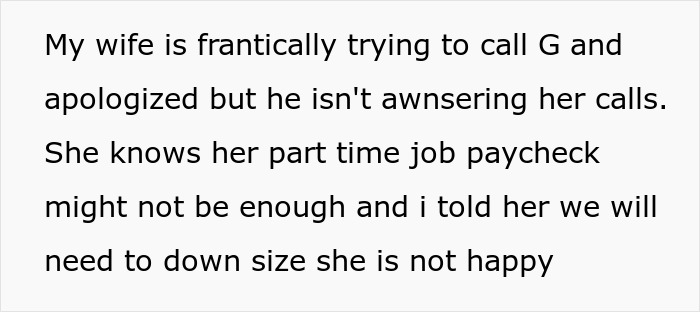
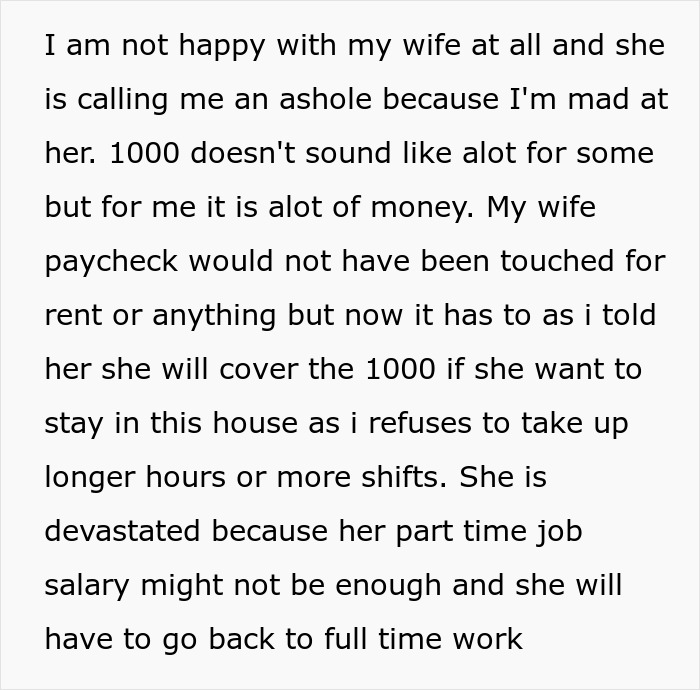
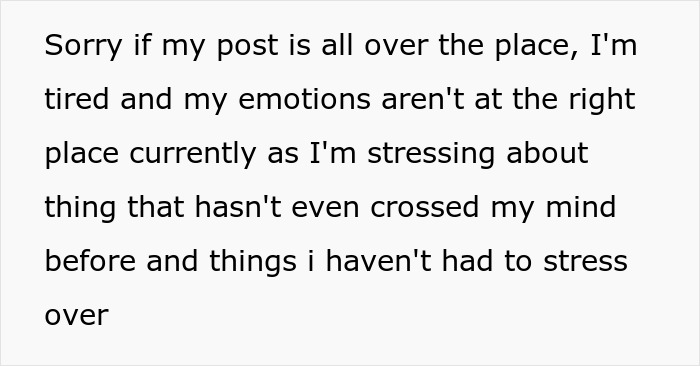
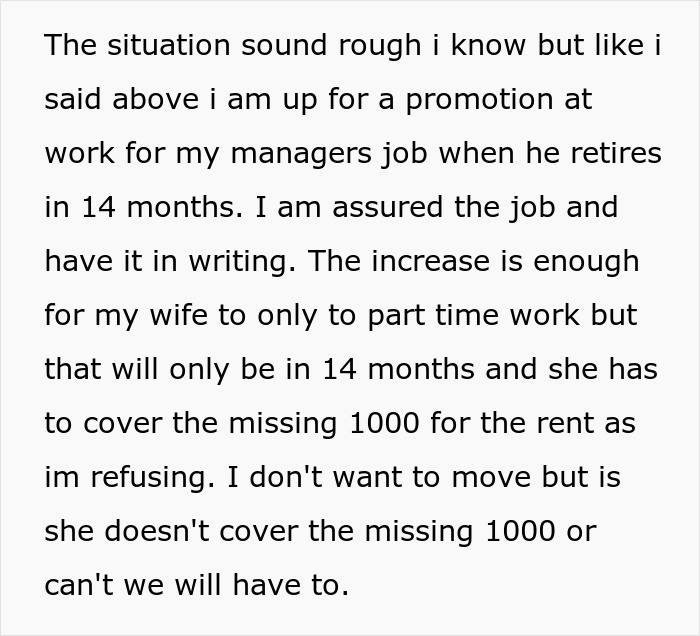
The author added a few edits later, reacting to some comments

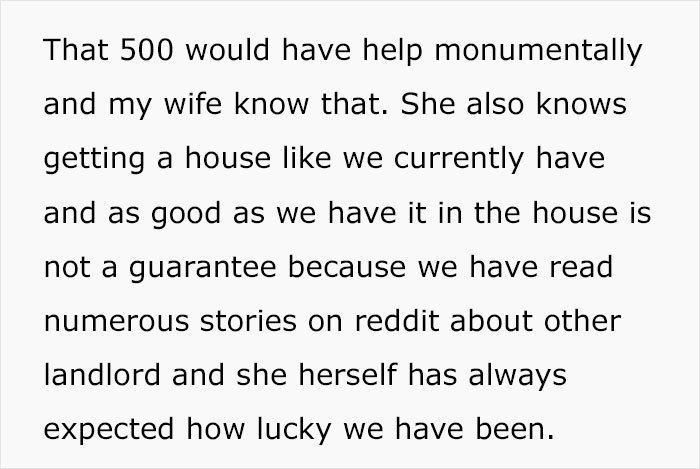
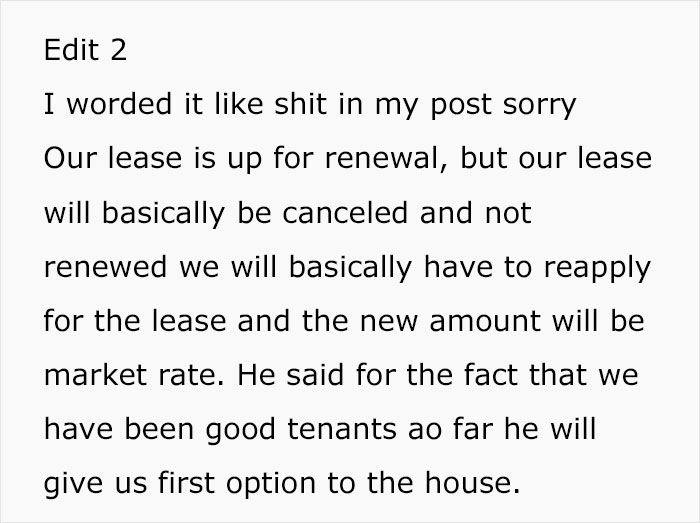

Image credits: Pressmaster/ envatoelements (not the actual photo)

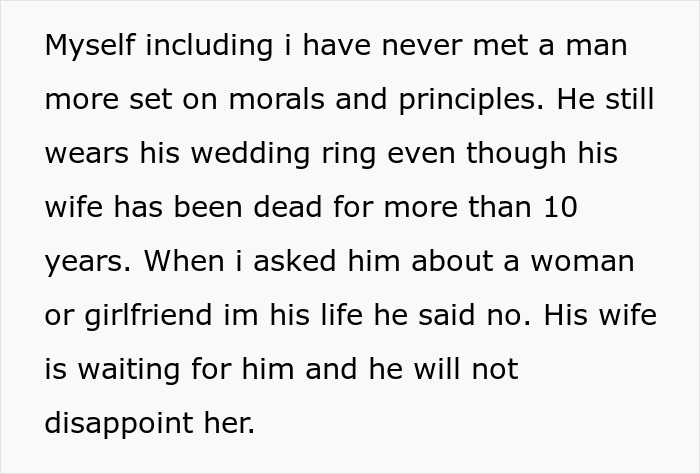
Image credits: ThrowRApissdoffff
People find it hard to apologize because it means having to humble yourself before the victim

Image credits: DC_Studio / envatoelements (not the actual photo)
Apologizing can be hard, even if you mean it. After a blowout like the one described in this story, it can be difficult to make the other person believe you’re sincerely sorry. So what are the secrets to the subtle art of the apology?
First of all, saying “sorry” is so hard because it’s a threat to our sense of self. It’s a blow to our ego: we have to diminish ourselves in admitting that we were wrong. For some people, especially those who hold themselves to a high ethical standard, it can be hard to admit that they’ve done something morally wrong.
Tyler G. Okimoto, Ph.D., writes that in apologizing, we have to diminish ourselves. “It makes you feel bad because you are admitting to others (and yourself) that you are capable of making mistakes or doing wrong,” he points out. “It questions our integrity: We are not the perfect person we make ourselves out to be.”
Some people go into self-defense mode. As Karina Schumann, a professor of Psychology at the University of Pittsburgh, explained to Vox, “[People] push [the] blame onto the other person, they think of excuses, all the situational factors that caused them to behave the way they did.”
A good apology should have six steps, but even then, reconciliation is not a given

Image credits: Prostock-studio / envatoelements (not the actual photo)
Marjorie Ingall and Susan McMcarthy have co-authored a book, Sorry, Sorry, Sorry: The Case for Good Apologies, where they detail the elements of a sincere and good apology. According to them, there are six:
-
Actually use the words “I’m sorry” or “I apologize;”
-
Explicitly say what you’re apologizing for;
-
Let the victim know you understand why your words or actions were hurtful;
-
Don’t give excuses, but explain if they’re willing to listen;
-
Give concrete examples of how you’re working toward bettering yourself;
-
Say that you will fix what’s broken (especially in cases where there was financial damage).
There’s also the last half-step, as the authors say. It’s listening to what the other party has to say. Sometimes, it might not be a lot. Some people might not be willing to listen beyond the “I’m sorry.” But if they have something to say, the perpetrator needs to listen.
Victims often feel that people hurt them on purpose and unfairly. So, in a situation like this one, the husband might say that there was no logical explanation for the outburst, but the kind landlord might still not believe him. The other person always reserves the right not to hear the explanations or not to extend forgiveness.
Karina Schumann, an associate professor of Psychology at the University of Pittsburgh, offers a possible script to end an apology: “I understand this isn’t going to fix everything, and I want to continue to do whatever I can to make this right by you. I hope that, even if you’re not ready to forgive me, you’re open to working with me to get us to a point where we can move forward.”
Many people empathized with the author, but they cautioned him to check if his wife might have some unresolved mental issues



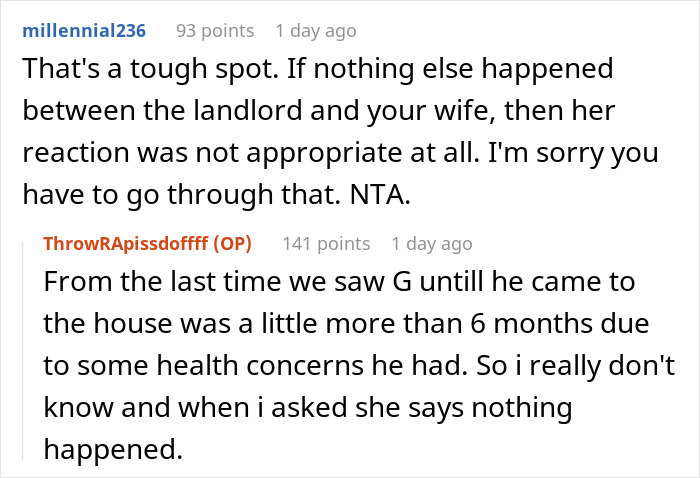




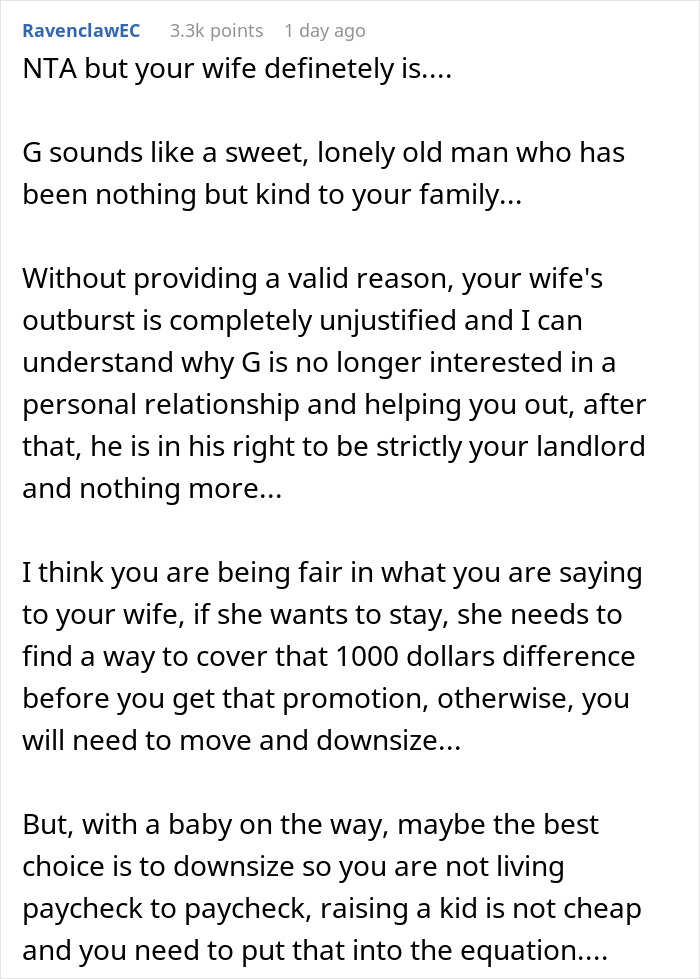


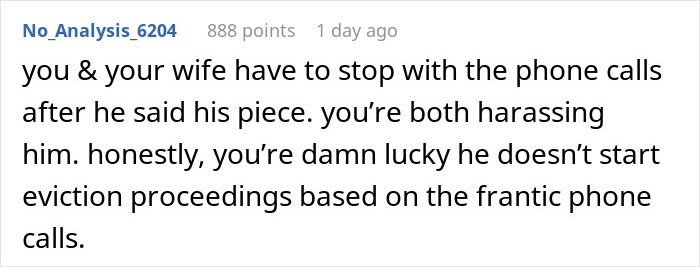





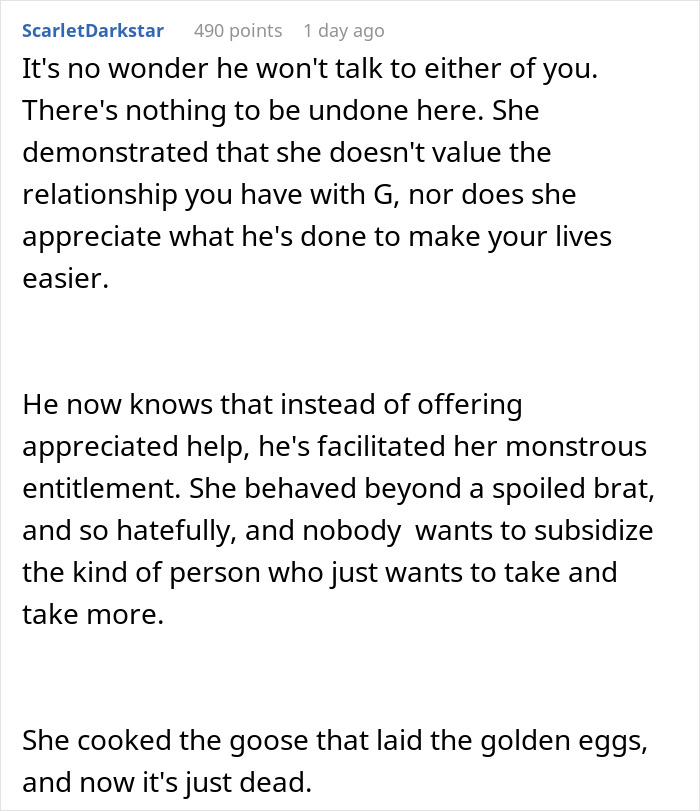
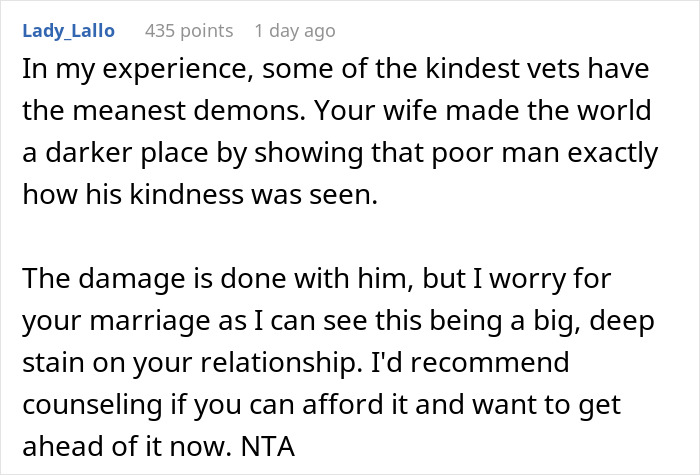




Others had no sympathy for the couple, calling them selfish grifters


